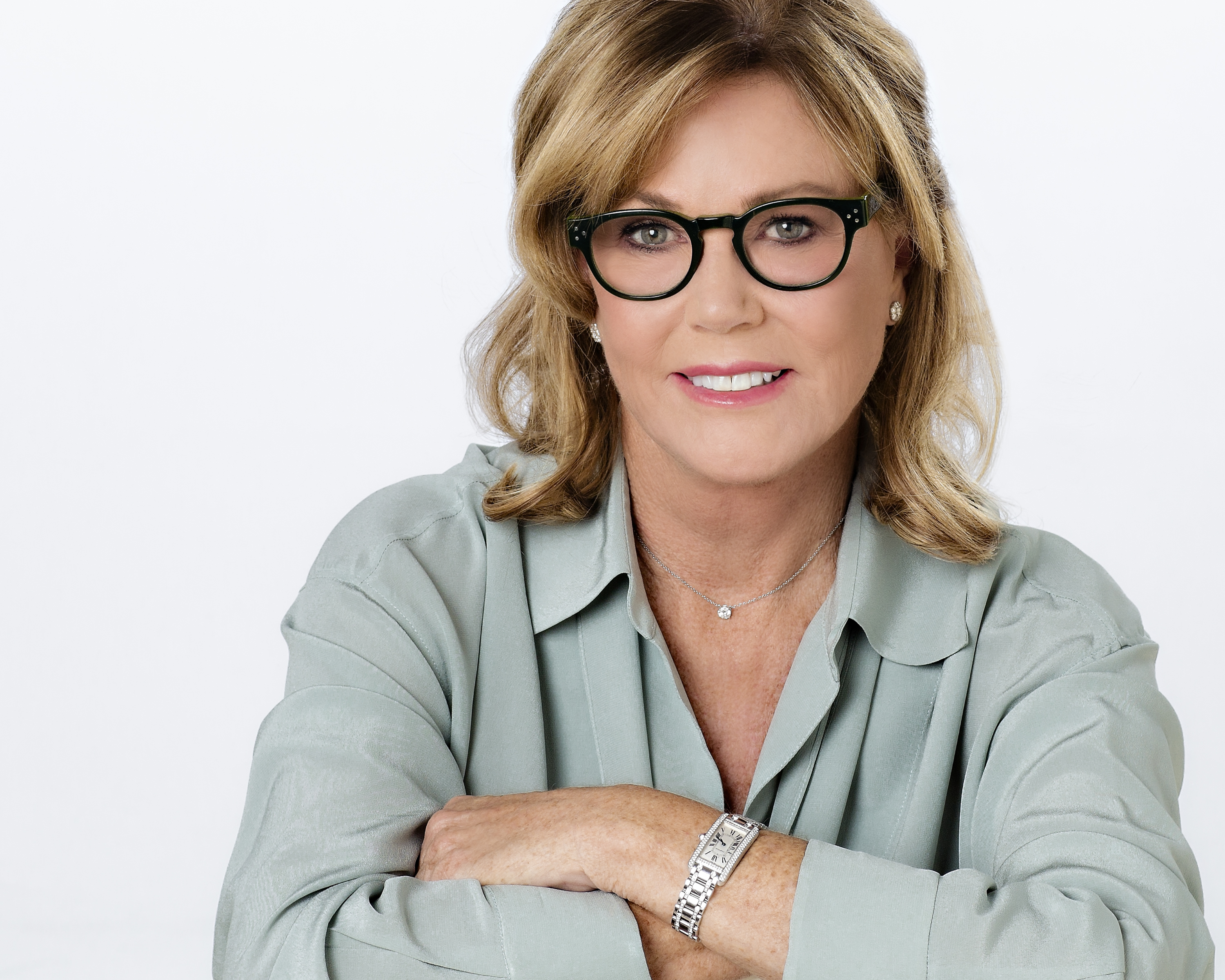Caregiving and moviemaking rarely go hand in hand, but the trials and joys of caregiving are the heart of the movie, “The Upside.” The film delves into the ups and down of an unexpected caregiving relationship between Phillip Lacasse, a rich quadriplegic (played by Bryan Cranston), and Dell Scott, a struggling ex-con (played by Kevin Hart).
The comedy/drama, which is based on a true story, delves into the bond that develops between the two main characters, and in the process, it illuminates many aspects of caregiving.
For example, the movie makes clear that caregiving is not for the faint of heart. Dell has to take on nursing tasks, such as inserting a catheter and helping move Phillip from his bed to a wheelchair. As a novice to caregiving, none of it is easy for Dell, and the movie portrays some comedic moments, but also the seriousness and intimacy of the tasks.
In addition, the film makes clear that Phillip requires not just one caregiver, but like most people in need, a caregiving team, ranging from physical therapists to a business associate (played by Nicole Kidman), who helps him manage administrative tasks. Due to the extent of his need, a single caregiver could not possibly manage the situation, but nevertheless his primary caregiver is indispensable for his physical and mental health.
In his work, Dell brings both positivity and connectedness to the depressed Phillip who desperately needs help in learning how to live in his new reality. The film, which has become a word-of-mouth hit, also offers some lessons that can inspire caregivers. Here are a few:
1) Caregiver Attitude
One of the biggest factors that enriches Phillip’s life is Dell’s attitude. He is both strong and positive. He also fully accepts the reality of Phillip’s circumstances while simultaneously uncovering ways to bring joy and interest to their days. By maintaining this attitude, Dell provides Phillip a chance to soak up both strength and positivity. Maybe if you’re feeling careworn, Dell’s manner can inspire you a little bit in your caregiving tasks.
2) Refuse to Feed Negativity
For Phillip, his circumstances can sometime cause depression to overtake him, but Dell, while showing empathy, does not feed the negative. Instead he introduces the many positives that are available to Phillip from small joys like eating and music to bigger thrills that he plans as surprises. No matter the circumstances, finding positives is possible for anyone. Maybe providing one positive experience a day would be a worthwhile goal—whether the positive is small like a special treat from the grocery store or larger like an outing to a favorite restaurant, store, or park. Working to include the positive can bring joy to both the caregiver and the loved one.
3) Push the Patient into the World
While Phillip may feel a desire to retreat, Dell helps him engage and expand beyond his comfort zone. Not every endeavor is a success, but the gradual pushing expands the opportunities and pleasure that Phillip experiences. Let Dell and Phillip inspire you to experiment with encouraging a patient to do something they used to enjoy that they have since retreated from whether it’s a visit with friends or grandchildren or perhaps a trip to a place that they no longer feel comfortable going.
4) Be Realistic and Enjoy
Sometimes Dell is a little too pushy, and in one case encourages Phillip in a way that sets him up for a huge disappointment. Make sure to be realistic as you choose activities and go slowly. Little things are just as important, perhaps even more important, than big endeavors. So start first with recognizing and savoring the joy of regular daily activities—meals, going for a drive, enjoying sunlight and nature at the park. It is vital to include the everyday joys of life that were relished in earlier times.
Maybe a trip to view “The Upside can provide a special activity and an inspiration for both you and your loved one? Or perhaps, it would be best to to solo and relish the opportunity to see a caregiving relationship on the big screen. Regardless, let the positives of the movie inspire you, deliver some laughs to lighten your day, and maybe even bring a new energy to your caregiving. — Kathi Koll
Kathi Koll is the founder for The Kathi Koll Foundation and author of Kick-Ass Kinda Girl: A Memoir of Life, Love, and Caregiving. Please visit KathiKoll.com to learn more and read an excerpt. Sign up for Kathi’s blog here.


